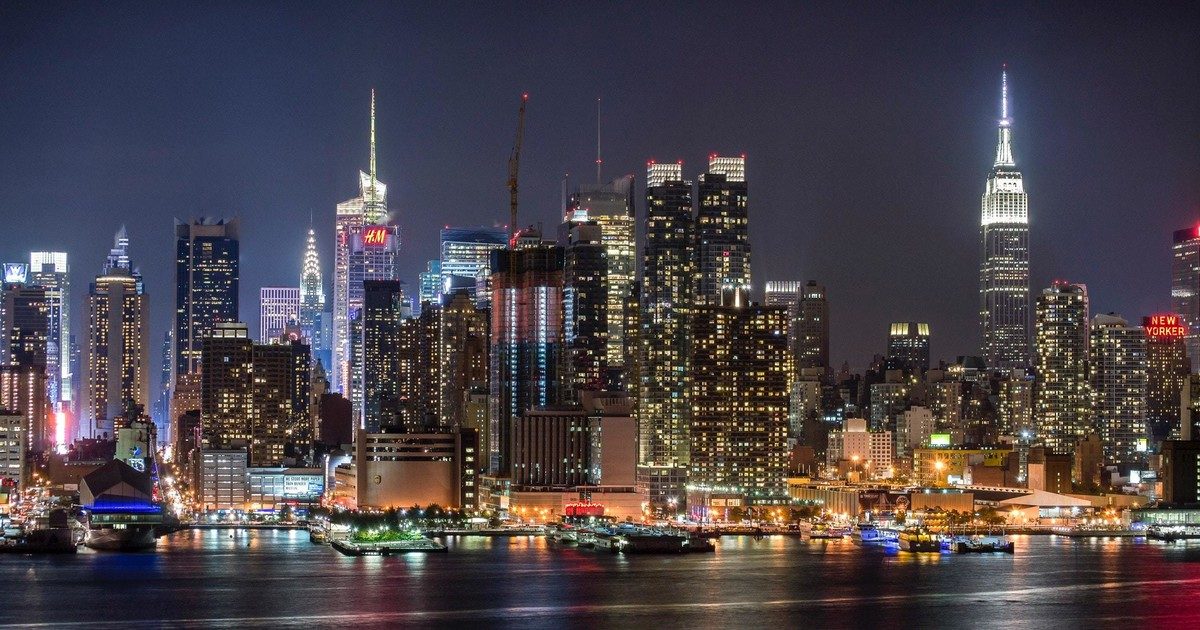After reading Jonathan Wynn’s “Music City”, I aimed to center class discussion around the prevalent profit-driven behaviors and motivations of various actors partaking in music festivals. Wynn highlights that cities have shifted their focus from industrial manufacturing to providing residents and tourists alike with services and experiences rather than material goods. Festivals serve as one example of an experience fueling a city’s service driven economy or what Wynn refers to as an “entertainment machine”. The increasing popularity of festivals have attracted the interests of domestic governments and businesses alike as an opportunity for marketing and generating profit. As a result, their involvement in music festivals has commodified the experience of these festivals questioning their authenticity as an accurate representation of the music industry or a local culture.
During class discussion, students thoughtfully engaged with this question by providing specific examples outside of the readings where the profit-driven behavior of certain festival actors is prevalent. An example of business intervention was brought up through the 2017 Bahamian Fyre Festival. Fyre festival was scheduled to take place in April of 2017 on the Great Exuma island in the Bahamas. The festival was founded and funded by the CEO of Fyre Media Inc. and advertised by various social media influencers as a method of attracting a young crowd to the event. When the opening day of the festival came, major technical and organizational issues arose pertaining to food, housing, security, and medical services causing the festival to be a complete failure. In 2018, the CEO of Fyre media was convicted of fraud and false advertising as a result of the festivals outcome. Fyre festival is an extreme example of how businesses use these events as a way to generate revenue and market themselves to a larger audience. In Wynn’s reading, he emphasizes the investment of global firms in the sponsorship of acts at the festivals. Some of these businesses have intervened to the point where they require the artists they are sponsoring to provide them with a setlist which needs to be verified by the firm before they perform. This involvement takes away from the music at festivals by commodifying live acts. Another example we talked about in discussion was Beyonce’s Coachella performance. Wynn acknowledges live performances as the most effective method for artists to generate profit. Beyonce took this profit-driven motivation to a new level by turning her festival performance into a Netflix documentary. This example, along with examples provided by Wynn, demonstrate that despite their passion for music, musicians also have profit-driven ulterior motives for preforming at these festivals.
While our class came up with these examples which successfully supported the profit-driven behavior of festival actors, we also discussed the environments of smaller festivals such as afro-pop which target specific communities and encapsulate a more intimate and music- centered festival experience. Smaller festivals such as afro-pop are much more representative of a specific culture or place than many of the larger festivals we talked about. By targeting a specific audience and reducing barriers to entry, such as high wristband costs, these smaller festivals are better able to embody the community and culture native to a given place. Conversely, larger festivals, such as Lollapalooza and Coachella, have been homogenized through the immense presence of advertisement and organization in a way which takes away from the music industry and instead commodifies the festival experience.
The homogenization of large festivals has allowed me to think of profit-driven behaviors and motivations in an environment beyond festivals and instead to the larger city. Over the summer I had the pleasure of going on a trip to Italy with my family. While we were in Florence, my mom expressed to me that she believes all big cities are starting to become increasingly similar with the influx of the same global-wide businesses having a dominating presence in most major cities. After reflecting on this discussion with my mom and our class discussion I am interested to shed a new light on my original questions: Have firms hunger for profit and desire to expand globally resulted in the homogenization of cities? Are cities, like festivals, losing their unique cultures as a result of these firms? How does our increasingly globalized economy affect the culture and community of a specific place?
